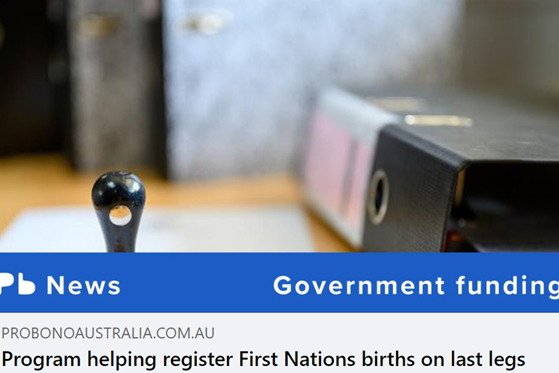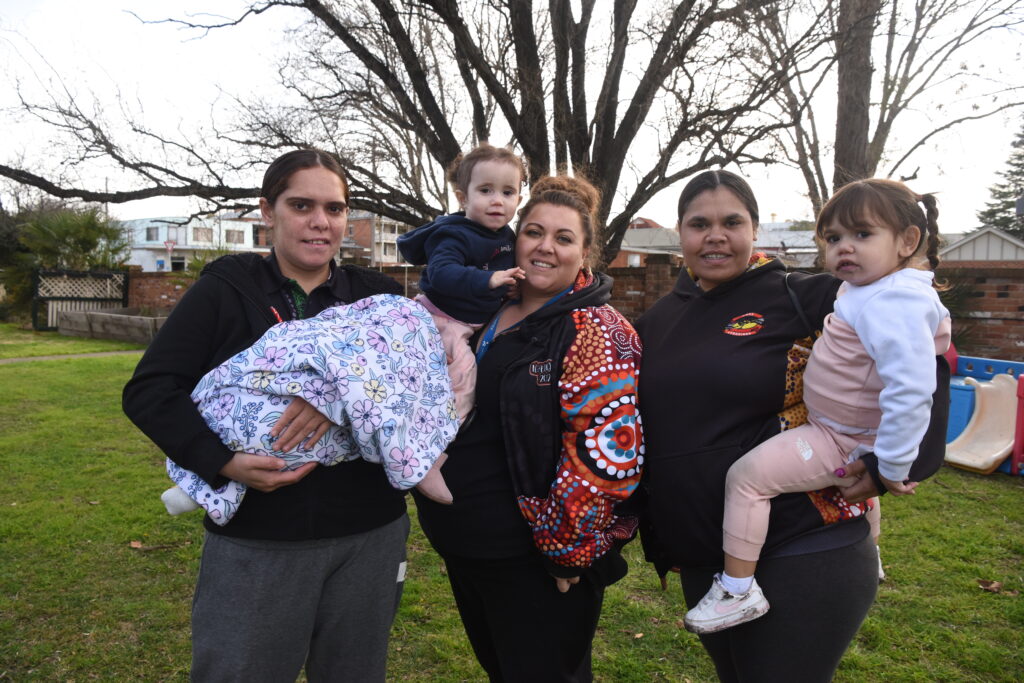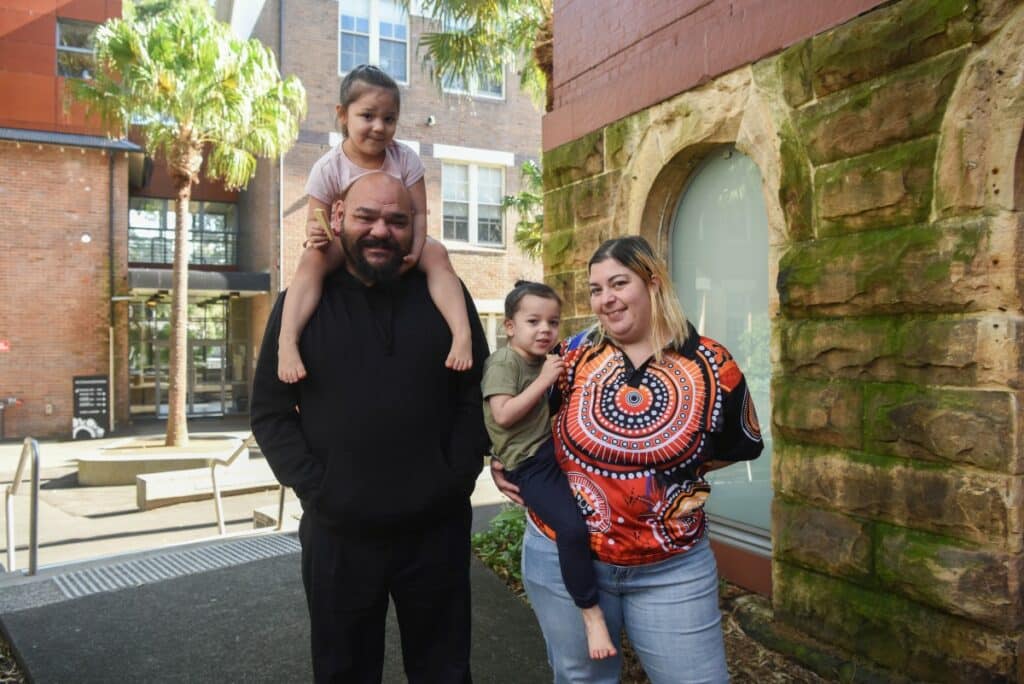For 17 years, Dakota Saltner did not exist in the eyes of the government.
The teenager was born in the remote Indigenous community of Woorabinda, central Queensland, in 2004 but her birth was not registered.
One in six or 15 to 18 per cent of births to Indigenous mothers are not registered with the state government compared with 1.8 per cent for non-Indigenous births, according to a report by the Queensland Ombudsman (QO).
The 2018 report has found not having a birth certificate is a significant barrier to employment and study, leaving many “largely invisible” and unable to properly partake in society.
Coordinator of the Pathfinders National Aboriginal Birth Certificate program, Ronald Naden, said distrust in government, due to colonisation and stolen generations, and a lack of services in remote communities were contributing factors.
For Dakota, gaining legal documentation has been life changing — and work is underway to help others.

The avid footy player splits her time at Woorabinda between training, schoolwork, socialising and working at the PCYC.
While Dakota is not sure what she will do after school, she knows more opportunities are available after gaining her birth certificate.
“Just to have a legal document for myself to know where I come from, and also get other IDs for myself like my driver’s licence and other legal documents as well,” she said.
It’s just given me more options.

The year 12 student obtained the document through a pilot program known as the Sprints Passport Program delivered by the Community Spirit Foundation in partnership with UNICEF Australia.
“I had to get information off my mum and dad [like] where they were born, how old they were,” Dakota said.
“It was pretty hard with all the forms.”
The 18-year-old has since gained her driver’s licence, barista qualification, CPR training and blue card.

Nationwide issue
Mr Naden said the Pathfinders National Aboriginal Birth Certificate program estimates about 160,000 First Nations’ people are not registered.
The program has assisted more than 13,000 people with applications since 2015, but he said many were hesitant to reveal their unregistered status, fearing punishment due to the legacy of colonisation.
“A lot of the Aboriginal people won’t participate, they like to go to an event where there is an Aboriginal person there that understands most of their needs,” he said.
They can’t trust the services that are there, they won’t open up.

In Mount Isa, family support worker Georgia Stannard said families were often confused by the need to register their children with both Centrelink and the Queensland government.
“In order to get a birth certificate, they need to be registered at the courthouse,” she said.
“A lot of the families we work with struggle to read and write, so that’s where we come in.”
Through the Ngukuthati Children and Family Centre, Ms Stannard helps families complete the registration process.

She said the geographic and communication challenges of remote communities made the process more difficult.
“It used to be you could just have one parent sign the form but now it’s requiring that both parents sign this form,” Ms Stannard said.
“Mum might be here in Mount Isa but Dad’s out in Doomadgee, so now we’ve got to find an organisation out there to send the paperwork to, to locate dad to sign it.”
The centre helped about 200 people obtain birth certificates in 2021, this year Ms Stannard said more than 80 have been issued so far.

Pilot program
The Sprints Passport Program has helped 80 Woorabinda students, including Dakota Saltner, obtain micro-credentials and identification through training and skills development.
Khanita Sukaserm, senior program coordinator, said five local students had gained a birth certificate since the program launched in 2021.
“We pay for their birth certificates and even help their parents in gaining their Aboriginality forms if they don’t have identifications also,” she said.
“It’s a huge weight lifted off our students’ shoulders.”

Born and raised in Woorabinda, Ms Sukaserm understands the challenges, having only obtained her own birth certificate in high school.
“This program has everything that I really could’ve used back when I was at this school,” she said.
“It has the support, it [creates] opportunity, which I didn’t have.”

She takes pride in helping the 15 to 18-year-olds leave school job ready.
“It gives them a lot of opportunity and it opens up a lot of pathways,” Ms Sukaserm said.
“To participate in any uni or TAFE courses they need a USI number and to gain a USI number, we need the birth certificate and a Medicare card.
“It all starts off with a birth certificate.”
The pilot program will continue in Woorabinda and expand to more communities if the desired outcomes are achieved and funding is available.



